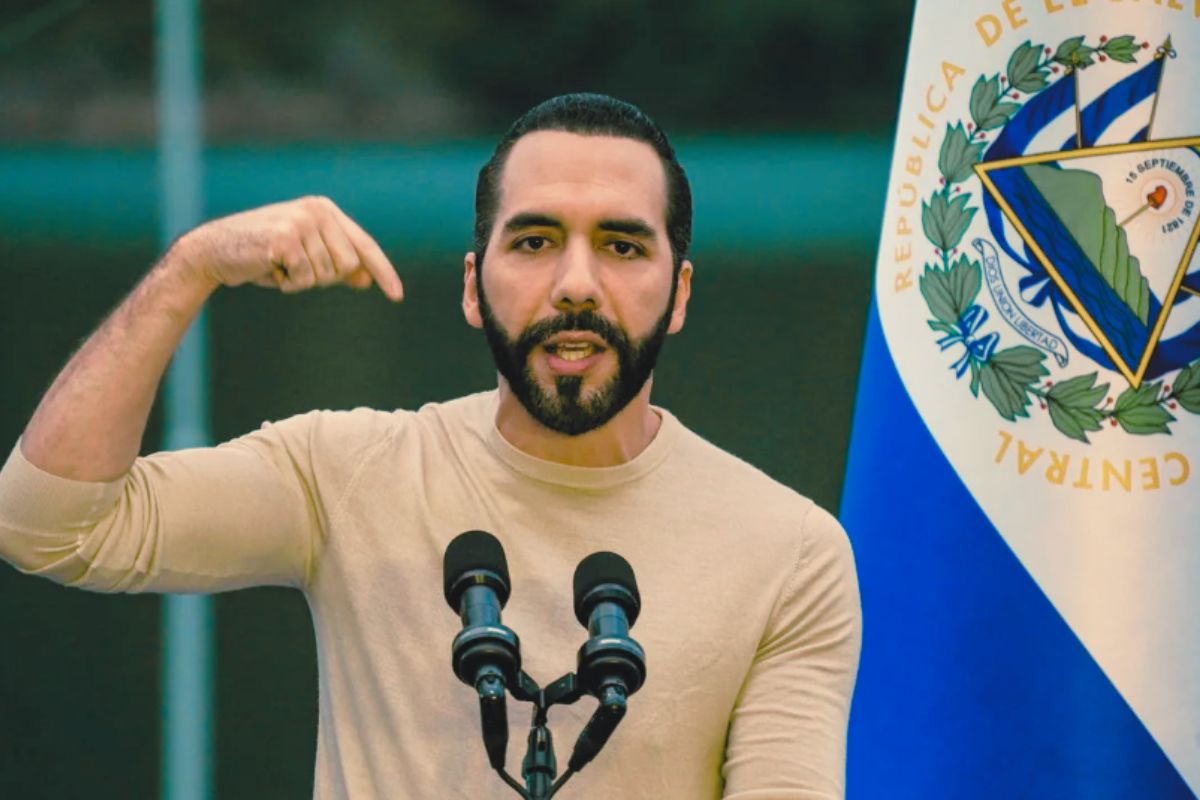NEW DELHI: In the heart of Central America, El Salvador’s President Nayib Bukele has risen to power with an unconventional approach, earning both adoration and criticism. Riding a wave of popularity fuelled by his relentless “war” on gangs, Bukele has claimed re-election with an overwhelming majority, establishing himself as a charismatic and unapologetic leader.
On Sunday, Bukele asserted his victory even before the release of official results, asserting that he had garnered over 85 per cent of the vote. Preliminary results indicated Bukele securing 83 per cent support with 31 per cent of the ballots tallied.
Also Read: What is cipher case leading to Imran Khan’s 10-year jail term?
Anticipated to secure nearly all 60 seats in the legislative body, his New Ideas party is poised to strengthen its control over the nation, further amplifying Bukele’s influence, making him the most potent leader in El Salvador’s contemporary history.
On Monday, thousands of Bukele’s backers, dressed in cyan blue and waving flags, gathered in San Salvador’s central square to joyously mark his re-election.
Also Read: Why have farmers in France and Europe taken to streets in protest?
Bukele’s presidency has been marked by bold decisions and a disregard for traditional political norms. His acceptance of the label “dictator” and his nonchalant rejection of human rights issues have garnered attention both within the country and globally. The president’s sharp beard, penchant for jeans and baseball caps, and mastery of social media have contributed to his unique image as a leader who defies convention.
With a background in law and a foray into his father’s business empire at a young age, Bukele entered politics in his early 30s, quickly ascending from mayor of a San Salvador suburb to the presidency in 2019. His rise disrupted a longstanding two-party system marred by corruption, bringing a promise of change to a nation still recovering from the scars of civil war.
Also Read: Explained: How true is South Africa’s genocide claim against Israel in Gaza war?
Bukele’s achievements, notably the drastic reduction in homicide rates, are celebrated by his supporters. Nonetheless, critics contend that his tactics, including the military’s intrusion into parliament and the widespread imprisonment of assumed gangsters, raise concerns regarding the gradual emergence of authoritarianism and potential human rights transgressions.
The president’s online presence, characterised by frequent posts on X, YouTube, and Facebook, allows him to communicate directly with his millions of followers, often in English. Analysts describe his charisma and communication skills as unparalleled in Latin America, fostering a “cult of personality” that contributes to his popularity.
Also Read: Could mounting Ethiopia-Somalia tensions trigger unrest in Horn of Africa?
As per a report by AFP, Michael Shifter of the Inter-American Dialogue think tank in Washington, said, “He fosters a cult of personality; there’s devotion to him.”
Despite the accolades, Bukele has not been immune to controversy. His responses to protests, labelling them as “vandalism,” and his dismissive attitude towards independent media and critics have stirred dissent.
Also Read: Why Sheikh Hasina’s landmark victory in Bangladesh holds relevance for India
His relationship with the judiciary and the legislature has also been tumultuous, marked by the replacement of judges and the attorney general. His ability to seek re-election despite constitutional limits has raised eyebrows, with questions about potential constitutional reforms lingering in the air.
However, the president has a penchant for banter in the face of criticism as he has changed his online handle to self-identify as the “world’s coolest dictator” and, most recently, the “Philosopher King.”
Also Read: 3 months in: Is there a clear winner in Israel-Hamas war yet?











